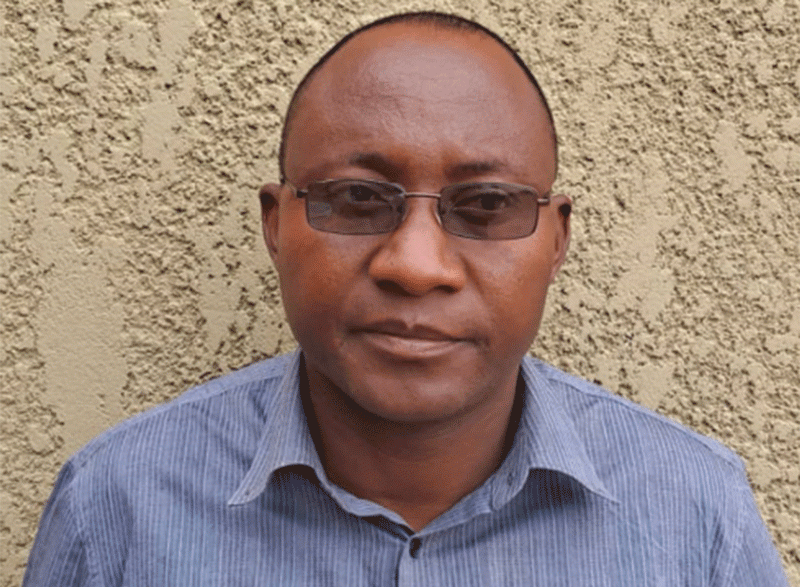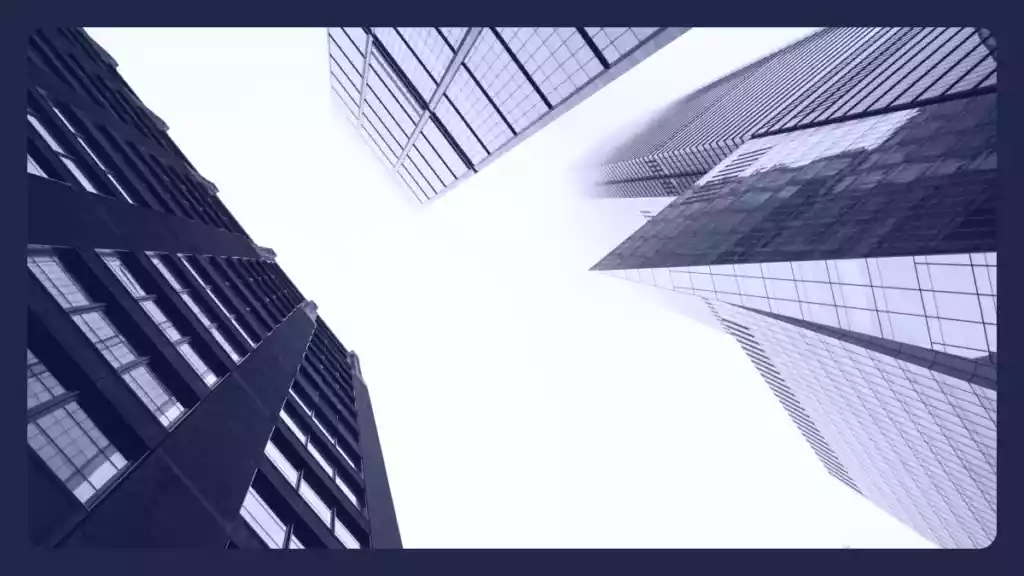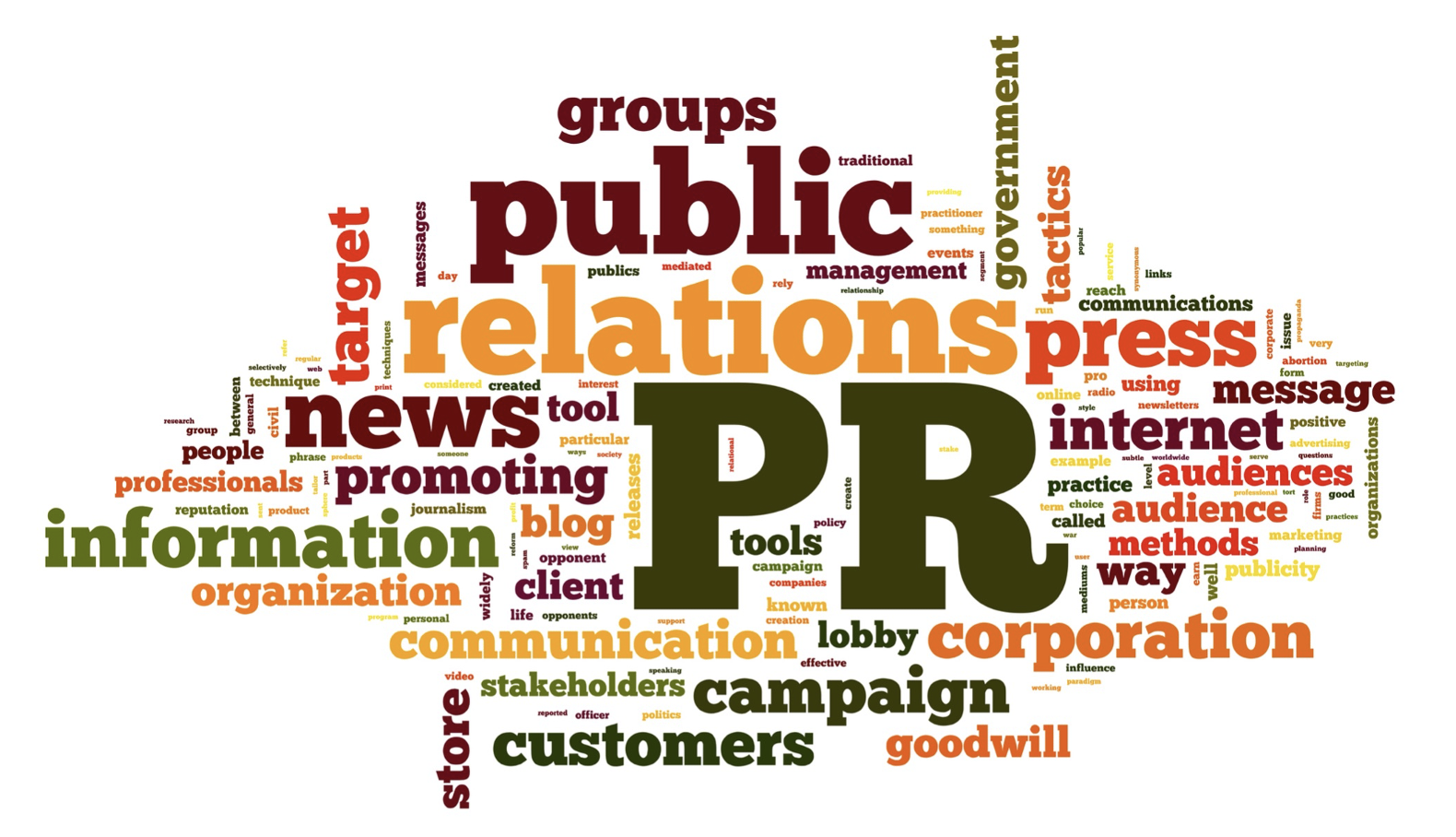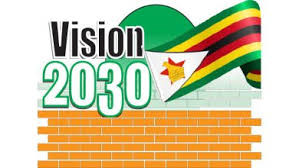
ZIMBABWE has more than 35 medical aid societies that are operating at the moment.
Only about 10% of the population in our country has medical insurance, leaving about 14.5 million people uninsured.
People have lost confidence in medical aid societies as many of them are known for unethical practices where service providers are not paid their dues timeously.
A lot of reasons are given for non-payment, with technical issues being thrown into the fray as well.
The end result is that service providers are deprived of their hard-earned money and they refuse to accept medical aid cards from the respective societies.
Many patients boast that they have US dollar schemes and they can access treatment everywhere, alas, their respective medical aid societies do not honour service providers’ claims.
Many medical aid societies became conflicted when they went into service provision as well while some of them commandeer their clients to service providers of their choice.
The system went on for quite some time until the time of the dreaded COVID-19 when the same medical aid societies began to snub their very patients because they could not attend to COVID-19 patients.
- Mavhunga puts DeMbare into Chibuku quarterfinals
- Bulls to charge into Zimbabwe gold stocks
- Ndiraya concerned as goals dry up
- Letters: How solar power is transforming African farms
Keep Reading
There was drama as prominent medical aid societies began shuffling their patients from one medical centre to another in search of admission beds, oxygen and COVID-19 care.
COVID-19 was associated with high risk as many healthcare workers succumbed to the virus in the line of duty.
Medical specialists, general practitioners, nurses and laboratory scientists died from COVID-19 complications which included respiratory distress syndrome, thrombo-embolism and renal failure.
Today, we are witnessing the emergence of briefcase medical aid societies which have no capacity to fund their clients but are only there for self-aggrandisement.
The fly-by-night health funders disappear when claims are made by service providers only to resurface when clients submit their monthly premiums.
We have some medical aid societies that have stood the test of time and can deliver even when the economy is not sound.
Cimas, Alliance, First Mutual, Credsure and Ultramed are trying their best in this inflationary environment.
In that regard, prospective members should do due diligence before joining some of the medical aid societies.
Patients should not be fleeced of their hard-earned money by unscrupulous medical aid societies that are merely bent on enriching their founders.
Medical practitioners are critical to clients seeking to join a certain medical aid society.
There are many health organisations or associations that deal with medical aid societies on a daily basis.
Private medical practitioners send their claims to different medical aid societies either manually or electronically and they are better informed about the reputation of specific medical aid societies.
The Medical and Dental Private Practitioners Association of Zimbabwe is a grouping of all private medical practitioners who include doctors, dentists, radiographers, nurses and ultrasonographers who all deal with medical aid societies.
Many of the private practitioners know the bad apples in the medical aid basket.
The Zimbabwe Medical Association is the umbrella body of all doctors including both public and private medical practitioners.
The practitioners have some background information of many of the medical aid societies.
It is, therefore, prudent to acquire relevant information from the stakeholders in the health sector before rushing to join some of the medical aid societies that have proven beyond doubt that they cannot deliver.
It is sad to hear that lately, some of the medical aid societies are raising monthly US dollar premiums by over 100%.
One wonders why a US dollar premium is increased by 100% at a time when foreign currency is scarce.
One wonders why such medical aid societies are operating willy-nilly at the detriment of patients who are struggling under the current economic meltdown.
How do patients feel if they come across a double tragedy, where their premiums are increased and service providers demand cash upfront because of lack of confidence in health funders?
I have seen many holders of medical aid cards being denied treatment at many healthcare facilities because of unavailability of cash.
Patients should join reputable medical aid societies after doing due diligence. Fly-by-night societies should be treated with caution!
Johannes Marisa is president of the Medical and Dental Private Practitioners Association of Zimbabwe. He writes here in his personal capacity.











